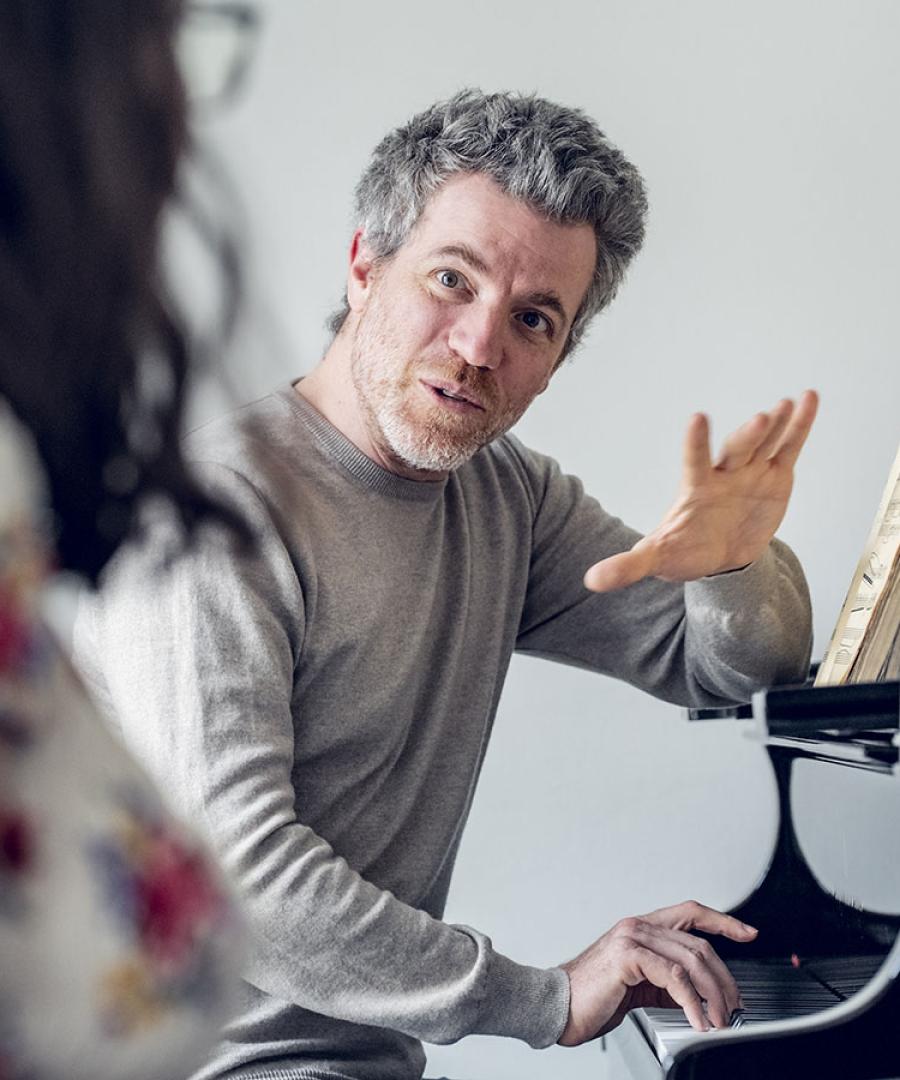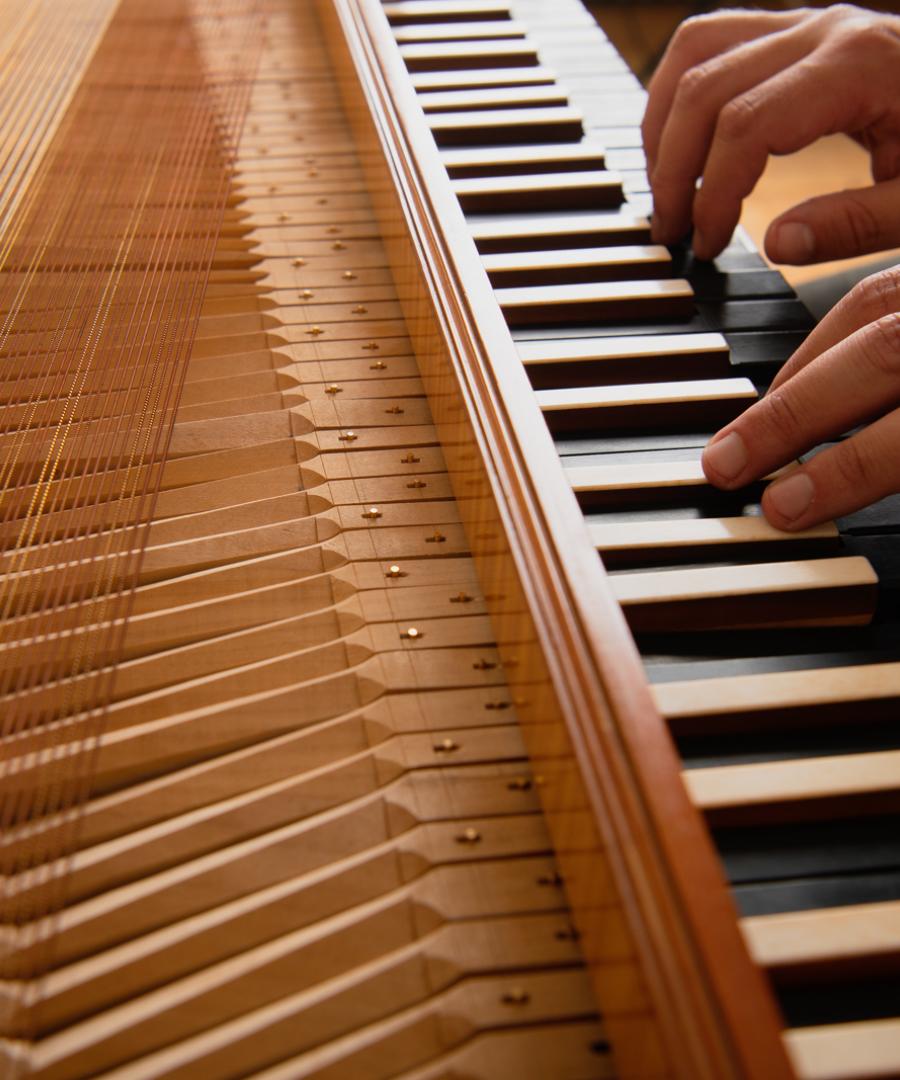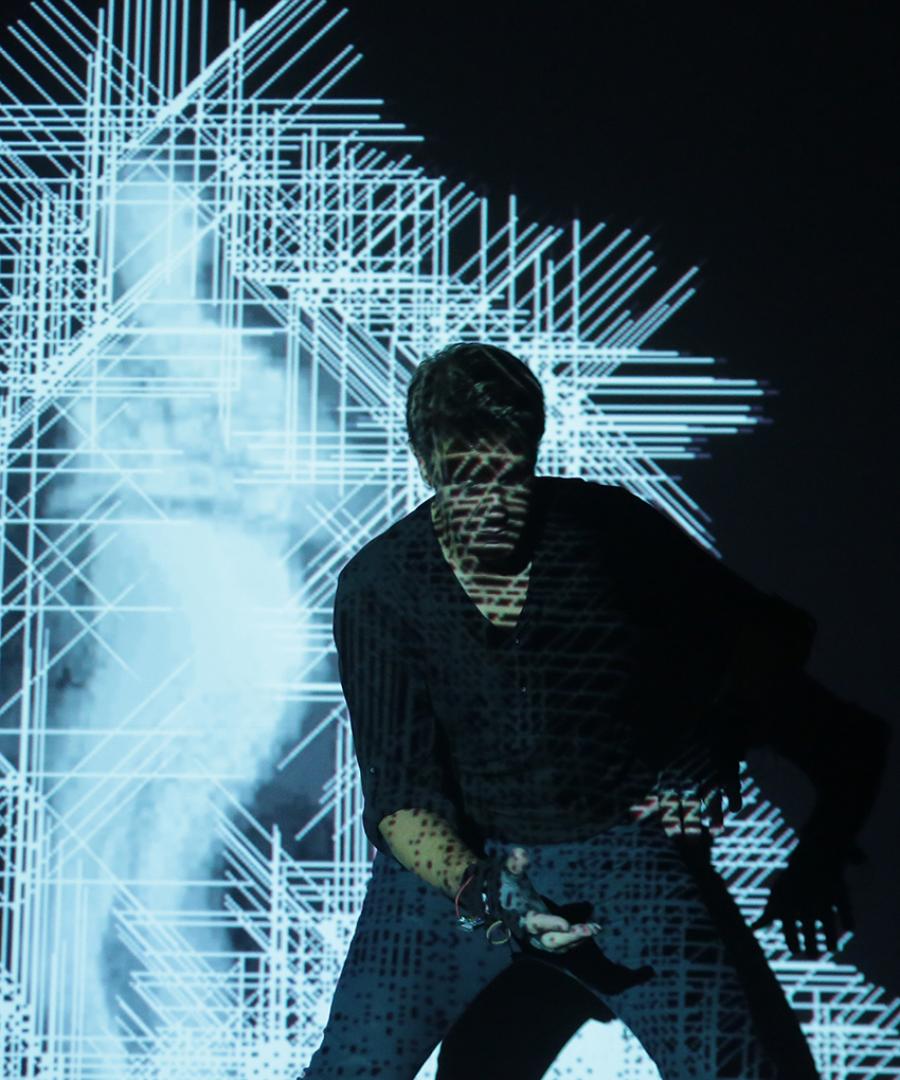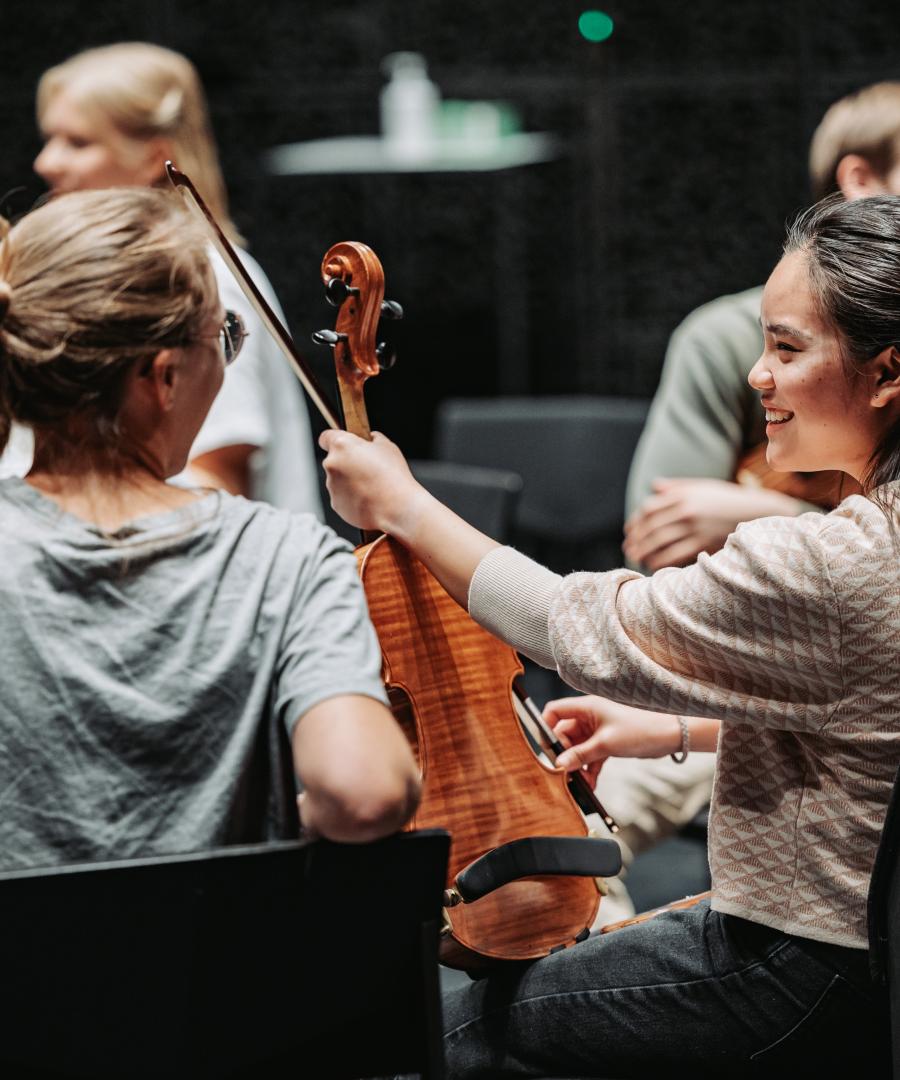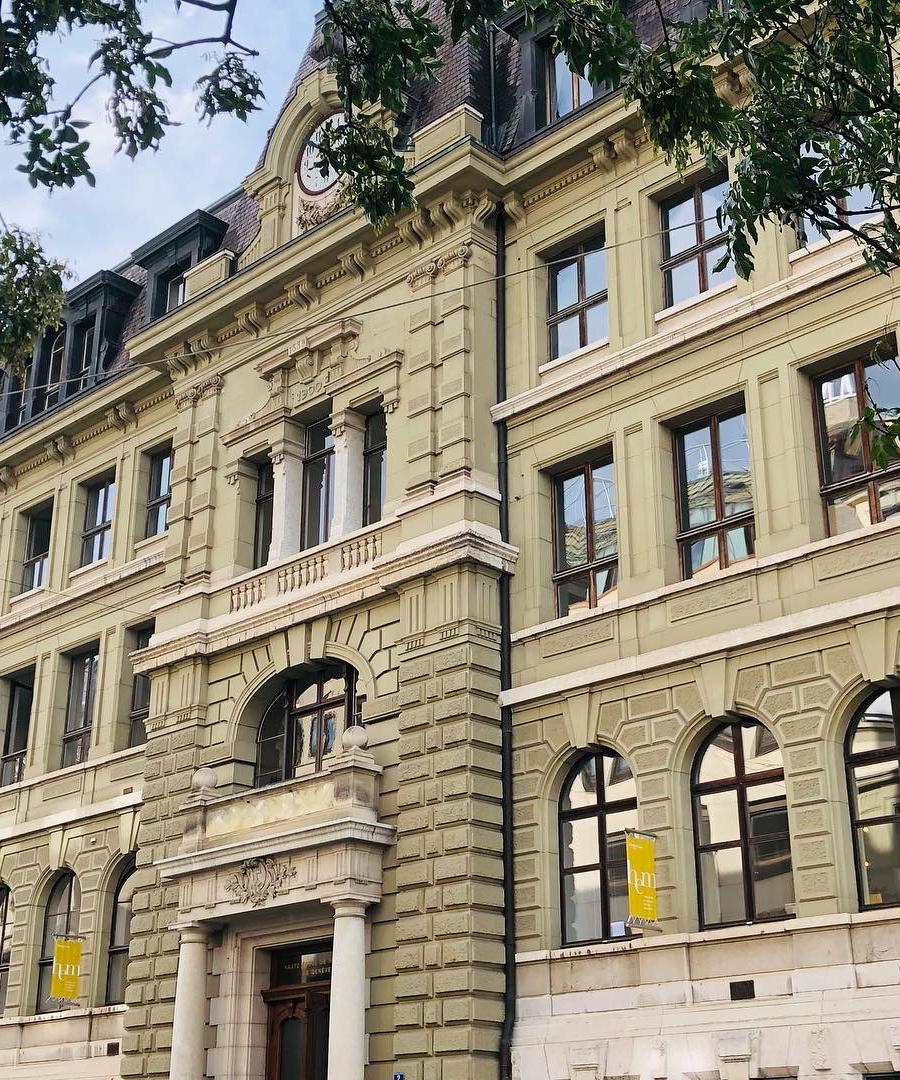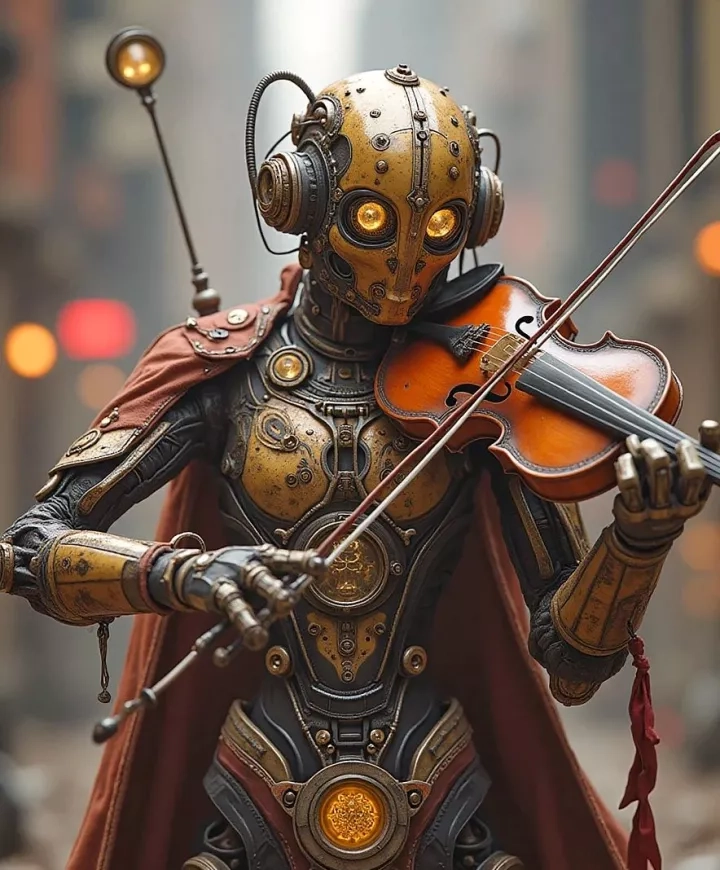- Studies
- Disciplines
- Research
- Events
- The school
Setting Innovation to Music, From Celebration to Parody
International conference organized by the HEM and the University of Fribourg on November 3-4, 2025 /
Call for papers deadline : June 9, 2025
The flourishing of world’s fairs in the mid-19th century stemmed from the desire of nations to showcase their age-old traditions alongside the technological innovations offered by industrial society. Music played an ambivalent role in this equation. It was both the vector of artistic evolution, paralleling technological advances, and the expression of a prestigious art of the past, considered as a national cultural heritage.
Works composed in celebration of technical progress were often performed at official or solemn events. In France, the well-known example of Hector Berlioz's Chant des chemins de fer, commissioned in 1846 for the inauguration of the Northern Railways in Lille, was the first work with a technological theme composed for an official event. For the 1867 Exposition Universelle, a competition (won by Camille Saint-Saëns) was held for a cantata celebrating the culmination of technological mankind, Les noces de Prométhée (The Marriage of Prometheus). Saint-Saëns also gave voice to the triumph of electricity at the 1900 Exhibition, with his cantata Le feu céleste (The Heavenly Fire). Finally, at a gala evening organised by the Aéro-club de France in 1911 at the Opéra de Paris, the amateur composer, patron of the arts and oilman Henry Deutsch de la Meurthe presented the first opera on an aeronautical theme, Icare.
These works were often tours de force. While depicting the grandeur of human creation, their composers also showed off their skills. The resulting excesses soon gave rise to parodies that ridiculed the official discourse, while exploiting certain effects to the delight of an audience hungry for artifice. These satirical works acted as a comic counterpoint to the pompous aesthetics of the music produced for ceremonies and exhibitions, to such an extent that it is difficult to consider the language of official cantatas without taking into account their parodic diversion. When the youngest of the Ricci brothers, Federico, had to compose an opera for the Bouffes-parisiens in 1872, he adopted Offenbach-style satiric humour, setting to music a sextet from the electric battery. A frantic parlante, derived from the Italian tradition, takes possession of the characters to depict a dehumanizing energy. In Lionel Monckton and Howard Talbot’s operetta The Arcadians, performed in 1909 at London’s Shaftesbury Theatre, the appearance of an airplane disrupts the diatonic, naive atmosphere of Arcadia with a ‘sophisticated’ chromatic outpouring.
The very subject of technology lends itself to parodic musical treatment. There are numerous examples of technology being used as a pretext for fragmentary, repetitive and even noisy musical writing. These defied norms and paved the way for the development of a language that values rhythm and stratification: from Gioachino Rossini’s Petit train de plaisir, comique-imitatif (Little Pleasure Train), with its ‘satanic whistle’ and its ‘sweet melody of the brake’, to the dialogue with the engine (a bass drum roll insensitive to the soft words of the aviator) in Der Lindberghflug by Bertold Brecht, Paul Hindemith and Kurt Weill.
Aims of the conference
This international conference proposes a transnational reading of the musical representation of technological innovations, by placing official events on a global scale. The aim of this meeting is to focus on the dialogue between genres, institutional frameworks, audiences and actors by including a wide range of public events (from opera to music hall) that represent a continuum from official celebration to parody. The period from 1840 to 1940, which includes world’s fair from London 1851 to New York 1930–40, provides an opportunity to consider the phenomenon of the industrialization of public and private life from the great revolutions of the 19th century to the Second World War.
Among the multitude of aspects that can be addressed during this conference, the following constitute a list of preferred topics:
- The role of musical and theatrical institutions in world exhibitions and official or solemn ceremonies celebrating technology;
- The theme of technology in the musical and theatrical programming surrounding or referring to world exhibitions;
- The influence of world exhibitions or official ceremonies celebrating technology on musical aesthetics, the production system, or the status of musicians;
- Orchestration, vocal virtuosity, and compositional tour de force as expressions of technological superiority;
- The ‘dehumanisation’ of music and the aestheticisation of the machine;
- The aesthetics of excess, between solemnity and parody.
Other possible lines of research could broaden the perspective and provide a richer contextualisation (non-exhaustive list):
- The rediscovery and interpretation of early music in direct or indirect relation to innovation;
- Historical organology between museification and promotion of the music industry;
- Urbanisation and new ways of consuming culture;
- The exchange and distribution network of cultural players during the Universal Exhibitions;
- The reception and public of world exhibitions.
General Guidelines
▪ Languages of presentations: French, English, German.
▪ Language of visual aids (slides or other): English.
▪ Duration of presentations: 25 minutes.
▪ Submission of proposals: online form (250-word abstract + biographical note).
▪ Submission deadline: 9 June 2025.
Conference Organizers
Guillaume CASTELLA, Haute école de musique de Genève (guillaume.castella@hesge.ch)
Federico LAZZARO, Université de Fribourg (federico.lazzaro@unifr.ch)
Scientific Committee
Steven HUEBNER (McGill University)
Sarah KIRBY (University of Melbourne)
Emmanuel REIBEL (École normale supérieure de Lyon)
Anna STOLL-KNECHT (Université de Fribourg)
Massimiliano SALA (Centro Studi Opera Omnia Luigi Boccherini)
A selective bibliography can be download below
